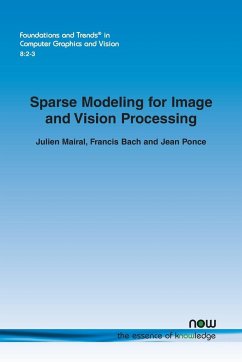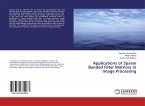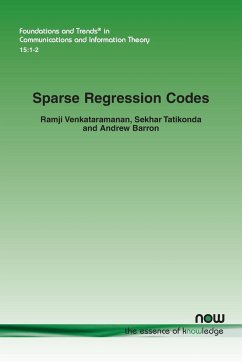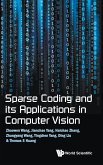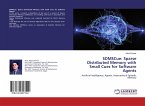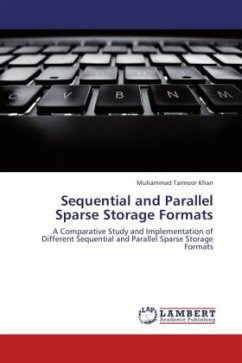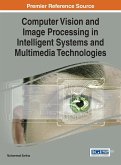In recent years, a large amount of multi-disciplinary research has been conducted on sparse models and their applications. In statistics and machine learning, the sparsity principle is used to perform model selection-that is, automatically selecting a simple model among a large collection of them. In signal processing, sparse coding consists of representing data with linear combinations of a few dictionary elements. Subsequently, the corresponding tools have been widely adopted by several scientific communities such as neuroscience, bioinformatics, or computer vision. Sparse Modeling for Image and Vision Processing provides the reader with a self-contained view of sparse modeling for visual recognition and image processing. More specifically, the work focuses on applications where the dictionary is learned and adapted to data, yielding a compact representation that has been successful in various contexts. It reviews a large number of applications of dictionary learning in image processing and computer vision and presents basic sparse estimation tools. It starts with a historical tour of sparse estimation in signal processing and statistics, before moving to more recent concepts such as sparse recovery and dictionary learning. Subsequently, it shows that dictionary learning is related to matrix factorization techniques, and that it is particularly effective for modeling natural image patches. As a consequence, it has been used for tackling several image processing problems and is a key component of many state-of-the-art methods in visual recognition. Sparse Modeling for Image and Vision Processing concludes with a presentation of optimization techniques that should make dictionary learning easy to use for researchers that are not experts in the field.
Hinweis: Dieser Artikel kann nur an eine deutsche Lieferadresse ausgeliefert werden.
Hinweis: Dieser Artikel kann nur an eine deutsche Lieferadresse ausgeliefert werden.

